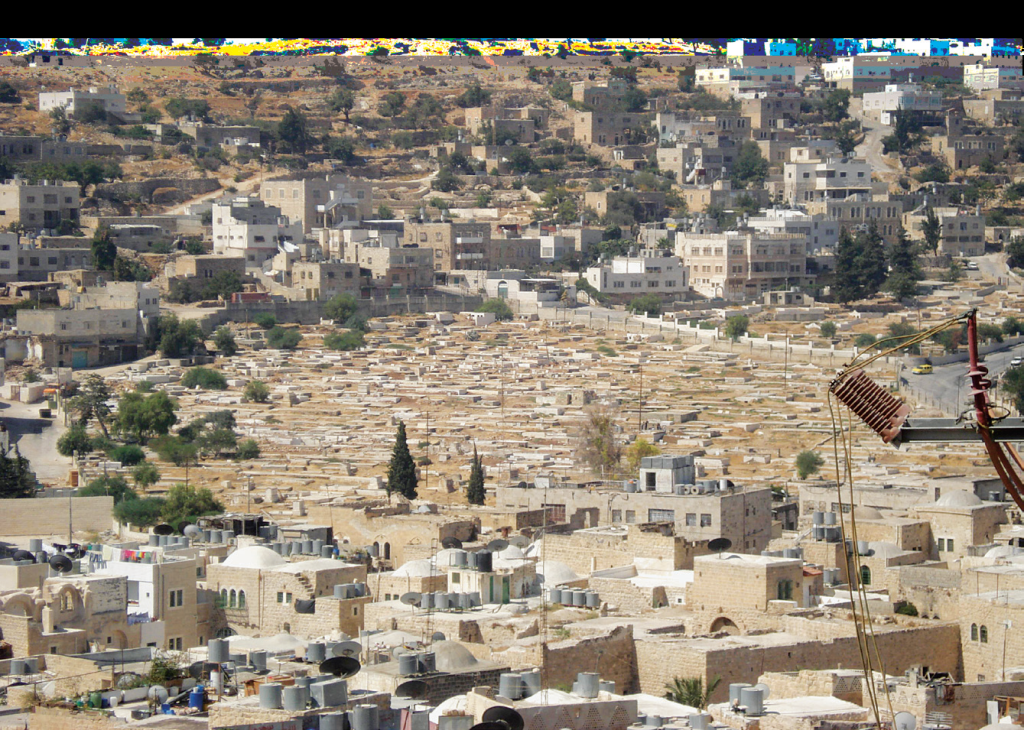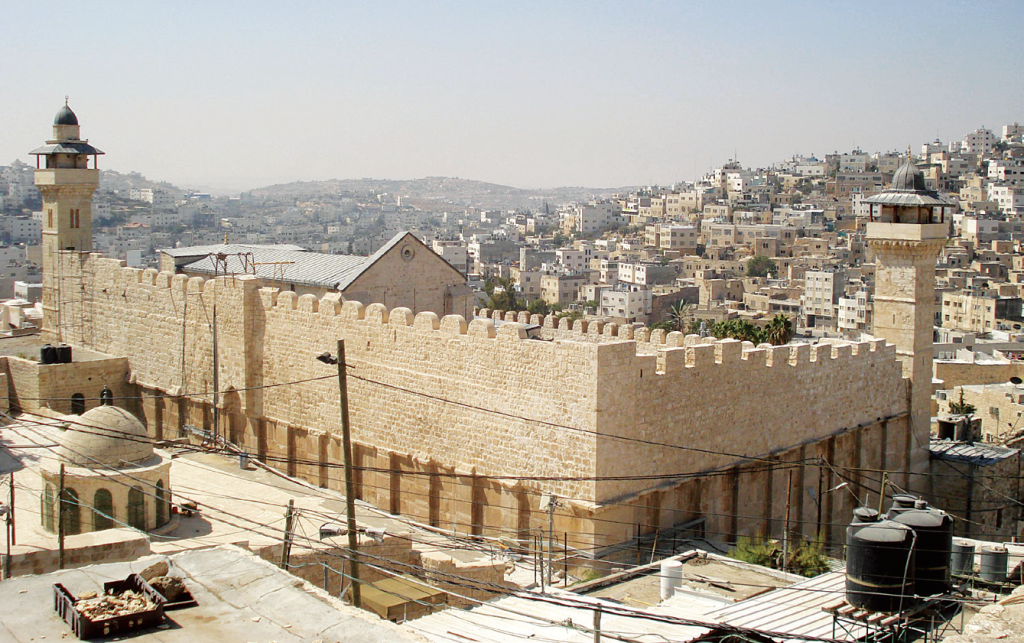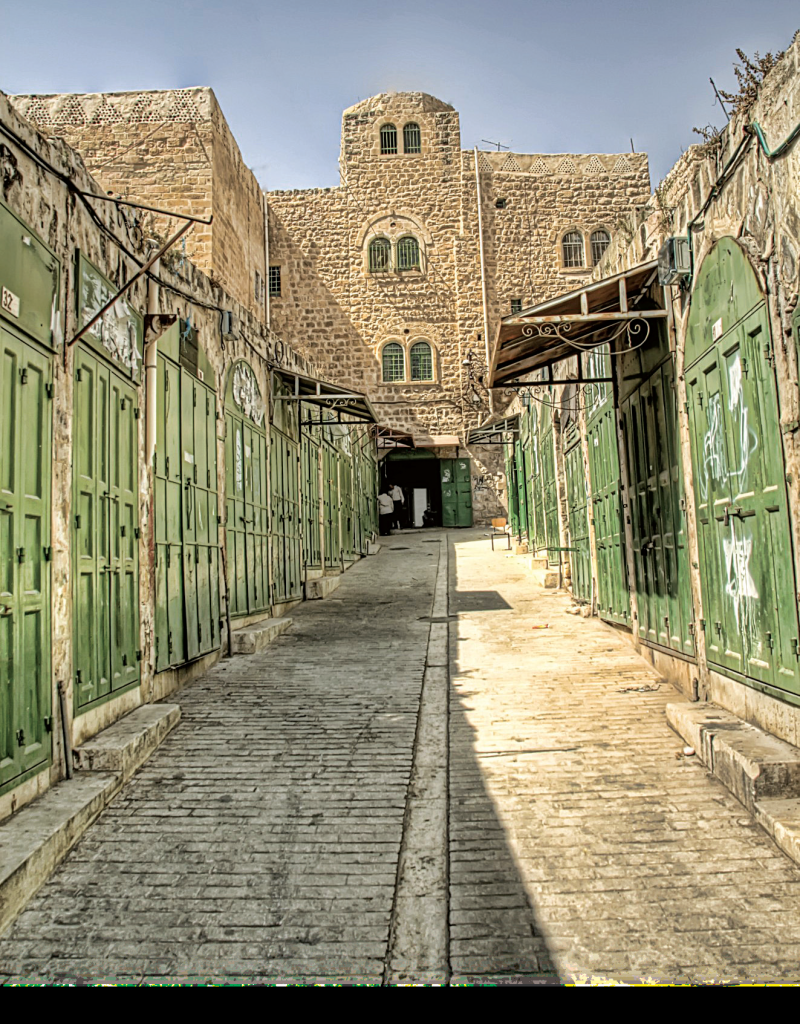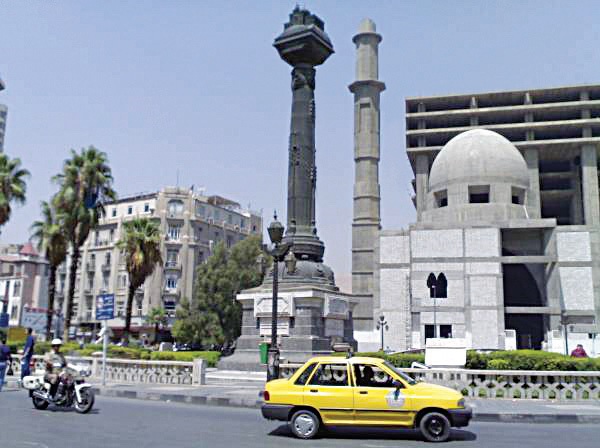The Prophets and Messengers of God in the Quran

Islam acknowledges all prophets and messengers God sent before Muhammad for the guidance of humanity. They confirmed one message, monotheism, which is the belief in God’s existence and oneness. God sent them to educate people about the purpose of life, protect them from falling astray and teach them good morals.
The Quran mentioned 25 prophets and messengers by name and focused on the stories of some of them. For example, in the Quran Adam was mentioned 25 times, Nuh (Noah) was mentioned 43 times, Ibrahim (Abraham) was mentioned 69 times, Musa (Moses) was mentioned 136 times and Isa (Jesus) was mentioned 25 times.
Muhammad said: “My similitude in comparison with the other prophets before me, is that of a man who has built and completed a house except for a place of one missing brick. When people see the house, they admire its beauty and say: how splendid the house will be if the missing brick is put in its place. So I am that brick, and I am the last of the Prophets. “
Narrated by Bukhari 4.734, 4.735
Verily We sent messengers before you, among them those of whom We have told you (their story), and some of whom We have not told you (their story); and it was not given to any messenger that he should bring a sign (miracle) except by God’s leave (permission)
The Quran, 40:78
Say : We have believed in Allah and that which is revealed unto us and that which was revealed unto Abraham, and Ishmael, and Isaac, and Jacob and the tribes, and that which Moses and Jesus received, and that which the Prophets received from their Lord. We make no distinction between any of them, and unto Him we have surrendered.
The Quran, 2:136
Torah, Gospel and Quran are God’s revelations to humankind
Believing in God’s revealed Books before the Quran is an essential pillar of the Islamic faith. Muslims believe that the Quran does not contradict the previous revelations but it does point out and correct deviations from truth that happened through the history.
We did reveal the Torah, where in it there is guidance and a light.
Quran, 5:44
And We sent following in their footsteps, Jesus, the son of Mary confirming that which came before him in the Torah, and We gave him the Gospel in which was guidance and light and confirming that which preceded it of the Torah as guidance and instructions for the righteous.
Quran, 5:46
And unto you (Muhammad) We revealed the Book (The Quran) with the truth, confirming whatever Scripture was before it, and a watcher (criterion) over it.
Quran, 5:48
Those whom God bestowed favor among the Prophets, of the descendents of Adam and of those whom We carried (in the ship) with Noah, and of the seed of Abraham and Israel, and from among those whom We guided and chose. When the revelations of (The Lord) The Beneficent were recited unto them, they fell in prostration, adoring and weeping.
Quran, 19:58
| Prophet | Muhammad | Isa (Jesus) | Musa (Moses) | Ibrahim (Abraham) |
|---|---|---|---|---|
| Approx. Period | 570 – 632 CE | 1-33 CE | around 1400 BC | around 1700 BC |
| Approx. Age | 63 | 33 | >100 | – |
Muhammad ﷺ and Abraham عَلَيْهِ ٱلسَّلَامُ

Abraham is considered as the father of prophets in the Jewish, Christian and Islamic religions because most of the known prophets were from his offspring. Muslims believe that prophet Muhammad is his descendent through his first son Ishmael who was also the father of many Arab tribes. On the other hand, the nation of Israel and many prophets such as Jacob, Joseph, Aaron and Moses have descended from his second son Isaac.
The Quran frequently mentioned the story of Abraham, who used
personal observation, reason and common sense to search for the truth. He recognized that God cannot be the sun, or the moon or any idol or creature. God is the creator of the universe and all beings. He is the only deity that is worthy to be worshipped. He is one and He has no partners. Abraham dedicated his life and struggled to teach people monotheism.
He practically proved his sincerity, honesty, thankfulness and obedience to God. He presented one of the greatest and most memorable examples in the history for full submission to One God, the Lord of lords, the Creator of all beings and Owner of all worlds.
Who is better in religion than the one who submits him / herself to Allah (surrender his/her purpose to God) while being a doer of good and follows the religion of Abraham tradition inclining towards truth, the upright? And Allah chose Abraham as an intimate friend.
Quran, 4:125
Abraham was a man of truth who showed exemplar obedience to God, therefore, according to the Quran, God chose Abraham as a friend and as one of the elite in the world and among the righteous in the Hereafter (Quran, 4:25, 2:130). God guided him to the right religion and made him an “Imam” i.e. a leader for people (Quran, 2:124) and described him as a nation (Quran, 16:120) (One person has an impact of a nation)
Abraham is revered by Muslims as the person who gave them their name as “Muslims” (i.e. those who believe in One God and submit to Him) (Quran, 22:78).
“Abraham was neither a Jew, nor a Christian; but he was “Musliman Hanifan” an upright man who had surrendered and sincerely submitted to Allah (God), and he was not of the idolaters”
Quran, 3:67
Note: The origin of the name “Abraham” was Abram or Avram and it is written and pronounced “Ibrahim” in Arabic. The Roman Catholic Church calls Abraham “our father in Faith”. The Eastern Orthodox Church commemorates him as the “Righteous Forefather Abraham”.
It is believed that the first building for worshipping one God was established when Adam first descended on the earth. Muslims believe that God commanded Prophet Abraham to rebuild this building and raise its walls on the same foundation, so he did that with his son Ishmael. The building is cubical in shape and it is called “Kaabah”. It is located in Makkah, which is currently in Saudi Arabia. God imposed a duty upon Abraham and his son to purify the Kaabah for those who pray, meditate and prostrate to Him. God made it a place of worship, and a sanctuary (a safe place and a resort) for the people.
Abraham and Ishmael’s supplication
“Our Lord! make us submissive unto You and of our Seed (descendants) a nation submissive unto You, and show us our ways (rites) of worship, and accept our repentance. You are the Most Forgiving the Most Merciful”
Quran, 2:128
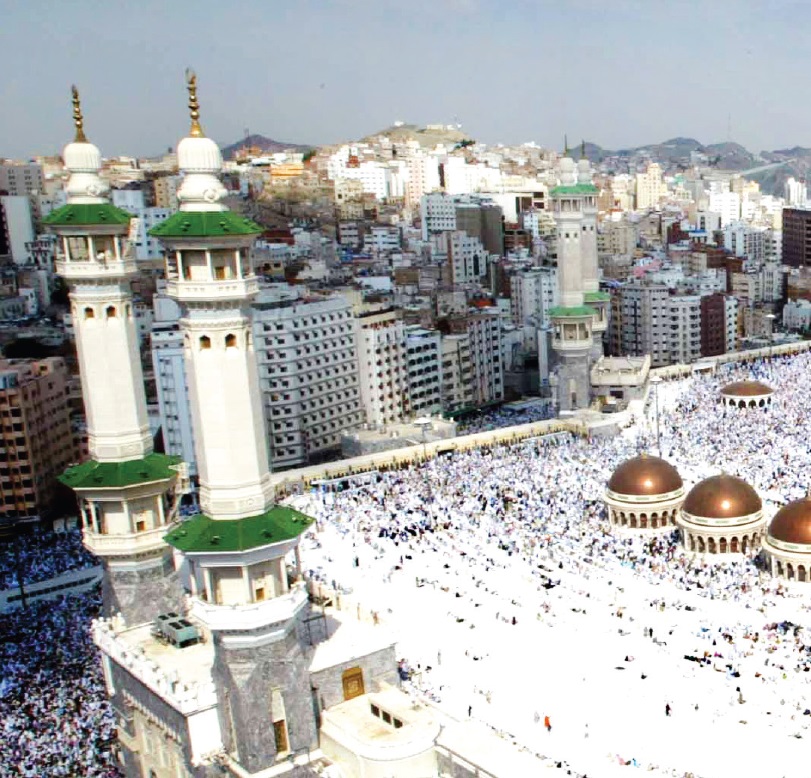
The black building is the Kaabah. Muslims believe God commanded Prophet Abraham to establish the Kaabah to glorify and worship Him (The One God).
When Muslims pray to God, they direct their faces (from all over the world) toward the Kaabah.
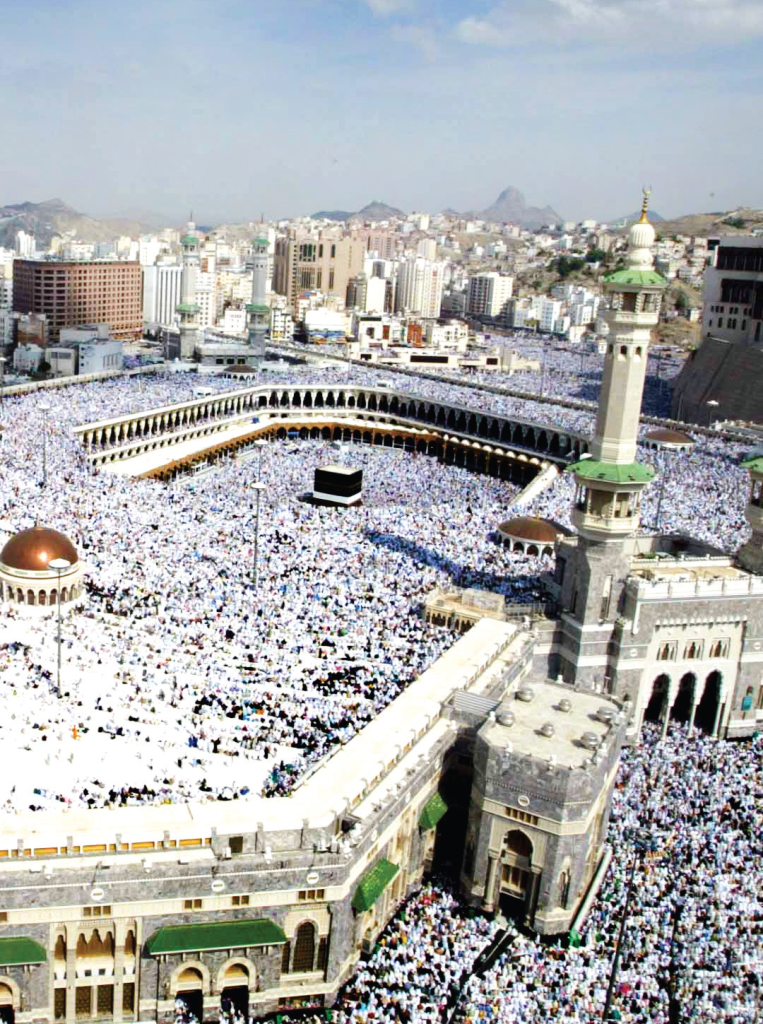
The reward for one prayer in the Sacred Mosque is equivalent to the reward of 100,000 prayers.
Hajj

Every year, more than three million Muslims perform pilgrimage “Hajj” to the Sacred places in Makkah. It is the fifth pillar of Islam that must be done once in a lifetime by those who have the financial and health capabilities to perform it.
Muhammad taught people how to perform Hajj, which mainly contains Abrahamic rites. He circumambulated the Kaabah, i.e. walked around it in circles. This is commonly known “Tawaf”.
Circumambulation is performed seven times and goes counterclockwise as an act of submission to God, which is also harmonious with the motion of the planets and even the electrons.

Abraham’s Station 
Safa and Marwa
Then Muhammad prayed behind Abraham’s station. Currently it is an enclosure that contains Abraham’s footprint on a piece of rock. Muslims call it Maqam Ibrahim.
Then Muhammad walked between the Safa and Marwa hills, the same place Hagar walked thousands of years ago searching for water after her husband Abraham left her there with their son Ishmael. Abraham asked her to stay there as an act of obedience and submission to God’s Command Who wanted the place to become a sanctuary and a place of worship.
The distance between these two hills is approximately 395m. This Hajj rite is called “Sa’ee” i.e. a brisk walk between Safa and Marwa hills that resembles the walk of Hagar in the same place.
Also, Sa’ee resembles the daily motion, activities, actions and efforts a person performs during his / her life. These deeds should be for good, benevolent and useful goals that add positive values to the world and humanity.
Sa’ee consists of 7 laps (with a total distance of 2.76 Km) starting from Safa and fnishing at Marwa.

In addition to other Hajj rites, Muhammad went to a place currently known as “Jamarat” in a town called Mina (8 Km east of Makkah). There he threw stones in resemblance of Abraham’s act, when he stoned the Satan who appeared to him as an old man trying to dissuade him from slaughtering his son as a sacrifice to God. Abraham stoned the Satan several times. When Muslims perform the same act, they in fact challenge the Satan and the inner evil desires within themselves.
Finally, as God saved Abraham’s son and instead substituted a ram, Muhammad taught Muslims to provide a sacrifice to God by slaughtering a sheep or a goat as a symbol of Abraham’s sacrifice, and divide the meat among the poor.
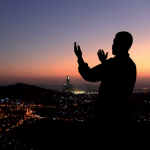
Muhammad taught Muslims to dedicate a supplication for Abraham and his family in every prayer of the daily five prayers.
Also, it is worth mentioning that Muhammad named one of his children “Ibrahim”, who died in his childhood.
“Say (O Muhammad): My Lord has guided me to a straight path, a correct (right) religion, the way and community of Abraham, the upright way inclining towards the truth and he was not an idolater (he didn’t associate others with God)”
Quran, 6:161
It is believed that Abraham was buried in Hebron, Palestine. The building complex that contains the cenotaph of Abraham is called “Al-Masjid Al-Ibrahimi” (Abraham’s Mosque). Also called by non-Muslims “Tombs of the Patriarchs”.
The building is primarily a large mosque (rectangular shape) with two square minarets. It also includes many rooms and a series of subterranean caves. The central room of the building contains the cenotaphs of Abraham and Sarah. The southern room (Ohel Yitzhak in Hebrew) contains the cenotaphs of Isaac and Rebecca. The northern room of the building contains the cenotaphs of Jacob and Leah. It is widely believed the remnants of Abraham, Isaac, Jacob, Sarah, Rebecca, and Leah were enshrined in the subterranean chambers below the building.
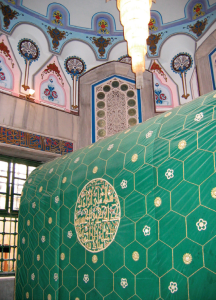
Muhammad said: If you ask (for something) ask Allah and if you seek support, seek it from Allah.
Note: Muslims do not glorify tombs. According to Islamic teachings, the structure of the tomb must not be raised above the ground level except for (one shibr which is about 20 centimeters). The Islamic teachings forbid directing prayers or supplications towards the tombs or buried people. Prophet Muhammad said: If you ask (for something) ask Allah and if you seek support, seek it from Allah.
Muhammad ﷺ and Moses (عَلَيْهِ ٱلسَّلَامُ)
According to authentic narrations Muhammad said:
Muhammad praised highly the Prophet Moses and indicated that on the Day of Resurrection he will see Moses standing and holding the side of the Throne of Allah.
Sahih Al-Bukhari, 4/157, 3408. 4/159, 3414
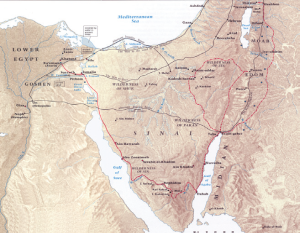
On another occasion when Muhammad came to Madinah and found that Jews fasted on the day of “Ashura” (day on which God saved the children of Israel from Pharaoh of Egypt), he asked Muslims to fast this day voluntarily because Moses fasted that day as an expression of thanks to God (The day of “Ashura” is on the 10th of the first month of the lunar calendar).

Approximately one third of the Quran talks about Moses and the incidents the children of Israel went through. In addition, the Quran mentions some of the prophets who were sent to the children of Israel such as Aaron, Zachariah and John.
The Quran mentions that God spoke to Moses and described him as one of the five messengers and prophets who had heavy missions (Ulu Al Azm). God took from them a solemn covenant. The five messengers are Noah, Abraham, Moses, Jesus and Muhammad peace be upon all of them. (See The Quran, 33:7).
Moses died near or at the mount Nebo which overlooks the Dead Sea and the land of Palestine. A memorial was built on the mount, which became an important tourist attraction in Jordan.
Muslims see many similarities between Moses and Muhammad. Both were prophets and messengers who brought a Divine Book that included God’s Law and Commandments. Both led their people and lived among them for a long period of time. Both married and had children.
Muhammad ﷺ and Jesus عَلَيْهِ ٱلسَّلَامُ
According to authentic narrations Muhammad said:
“I am the nearest of all the people to the son of Mariam (Mary) and all the prophets are paternal brothers, and there has been no prophet between me and him (i.e. Isa (Jesus)”.
(Bukhaari, 3285)
Jesus in the Quran
The Quran describes Isa (Jesus) as “God’s Word” and “glad tidings” conveyed to Mary. His name is “The Messiah Jesus son of Mary”.
God supported him with the Holy Spirit (Archangel Jibril (Gabriel) and sent him as a messenger to the children of Israel to guide them to the straight path and to worship God “Allah” his Lord and their Lord and the Lord of all beings.
(See the Quran, 2:87, 3:45-49, 4:171).

Also, the Quran describes Jesus as illustrious (memorable and prominent) in the world and the Hereafter, and one of the righteous and those brought near unto God. The Quran indicates that God taught Jesus the Scripture and wisdom, and the Torah and the Gospel. Allah supported him with miracles of healing the blind, and the leper, and raising the dead by His leave and Will. Muslims believe that Jesus will return.
It is believed by many Christians it marks the birthplace of Isa (Jesus the Christ).
Prophet Muhammad indicated that the Day of Resurrection will not take place until Jesus descends from the heavens.
He will return before the end of the world in order to bring people to monotheism and establish the Law of God on the earth. He will fight the false Messiah, and unite all believers in one God. He will be a just ruler and he will bring peace to the whole world. Muslims are required to be amongst the supporters and followers of Jesus upon his return.



